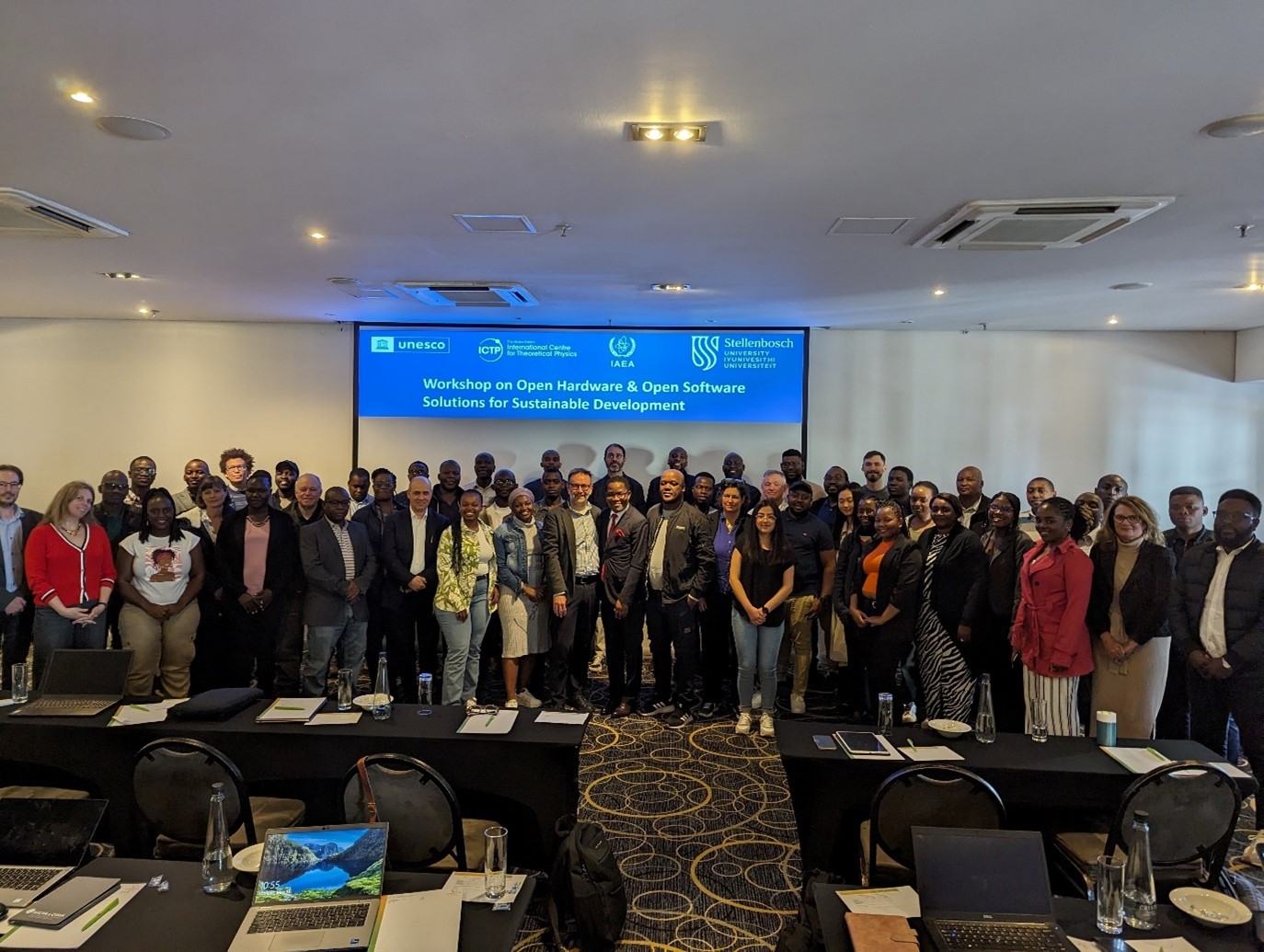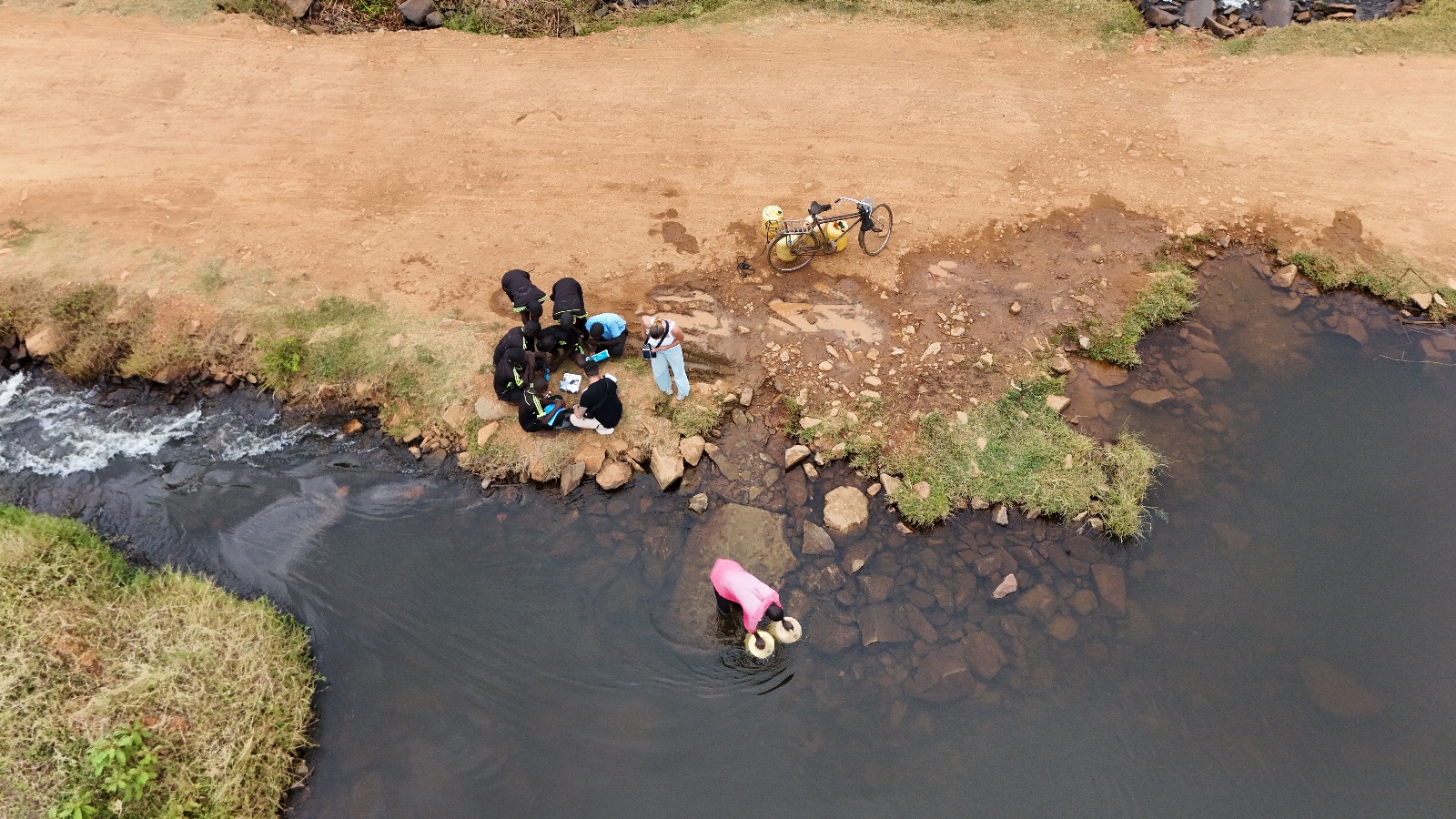Katoria LESAALON LEKARKAR
Katoria LESAALON LEKARKAR
Katoria Lekarkar has a background in Civil Engineering with a specialization in Water Resources Engineering. He holds a Masters degree in Water Resources Engineering from KU Leuven and a bachelor's degree in Civil Engineering from the University of Nairobi, Kenya. In his professional experience as a water resources engineer, he has been involved in projects focused on addressing water supply challenges in critically water stressed arid areas with varied roles in water infrastructure development, developing long-term water resources management strategies and exploring opportunities for integrated water resources management in marginalized communities.
He joined the department in September 2022 under Prof. Ann van Griensven. His research will focus on soil moisture monitoring for drought management and the utilization of low-cost sensors for monitoring unsaturated zone conditions.
Projects
PhD research
Unsaturated zone monitoring for drought management
| Date | 2022 - 2026 |
| Supervisors | Ann VAN GRIENSVEN |
| Funds |




